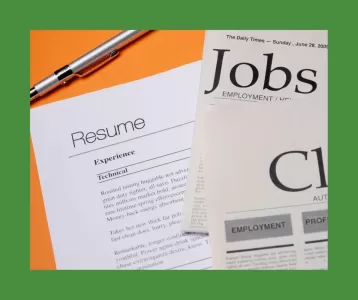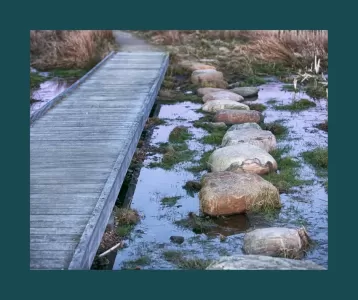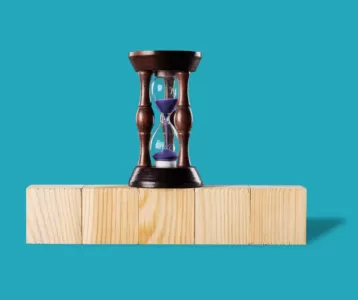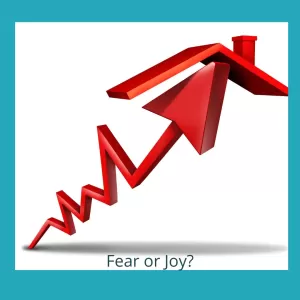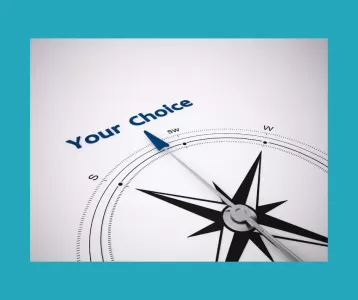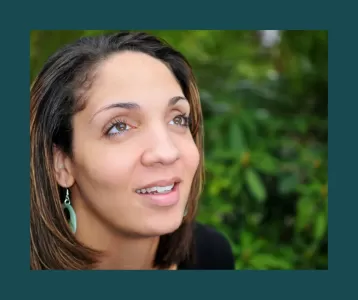What does living in fear mean?
There are references these days to “you shouldn’t respond out of your fear.” This most frequently is spoken when there is a major topic like the pandemic, global warming, social justice, or other. Fear is present for lesser moments in our lives robbing us of potential joy.
This weekend I saw how my fear about my age or physical fitness was defining my mood and my interaction with my grandson. For perspective, I am 63 years old, semi-retired from work and endurance athletics. It’s a little ridiculous for me to be worried about my stamina given my daily walks cover 3-5 miles and knowledge about training for marathons and triathlons. Yet aging is real none the less.
I traveled to PA because my daughter in law and son were selling their house. I was responsible for my grandson so his parents could focus on the packing. We spent time on the playground running endlessly around the perimeter of the climbing structure and swinging like superman on our bellies. There is nothing like a two-year old’s running technic. Legs churning like pistons moving the body forward centimeters as their arms are flailing to their own rhythm. Chaotic and joyful all at the same time.
One of the favorite activities was to sit on the bench facing steering wheels as if we were at a drive-in restaurant. Imaginary food cooked on the tree stump stove and consumed with a single swipe of the hand to the mouth. Moments later we would be off to the slide or stepping over the perimeter logs to run down the path. Returning moments later to repeat.
For an adult this can be exhausting. The repetition. Covering the ground again. Cooking another imaginary hamburger or worm fries. The giggles and laughs belie the learning that is underway. This is Van’s way of growing, learning, exploring, and interacting with his world. For an adult it is frivolous for we have learned to complete things and move on.
I visited two months ago in July. At that time our play focused on physical versus verbal communication. There were repeated belly flops onto the floor together which were his opportunity to lead. Now verbal language was being added to the body language. He would respond to my wrinkled brow, or bowed head different from my smiling face and outstretched arms.
The benefit of living in the Moment
For a person living alone in a somewhat sedentary lifestyle, following a two-year-old toddler was a change. When I focused on my concern about my capacity to keep up, the more I felt drained. Shifting my focus to Van and what he was exploring or developing transformed my experience of the time from work to fascination. This brought me into the moment. To see who Van is now. To be present to what is changing and what is new. Decisions about time were now based upon what I observed rather than the time on the clock.
Shifting to being present to the moment allowed me to look at what was true now. I did pay attention to my personal wellbeing by drinking water, eating regularly, resting when I needed, and getting sleep. The same things I would do to allow me to train for marathons and triathlons. These also allowed me to keep up and be engaged with my grandson.
What fears are present for you today? Is the fear tied to something immediate or is it about a future possibility? If it is current what step can you take to address the fear? If it is about the future, can you suspend that concern and engage with what there is to do now? Notice how often my fears impact my choices. Learn how to be in the present moment versus the fear of the future.
